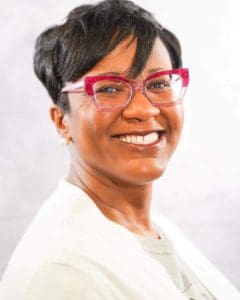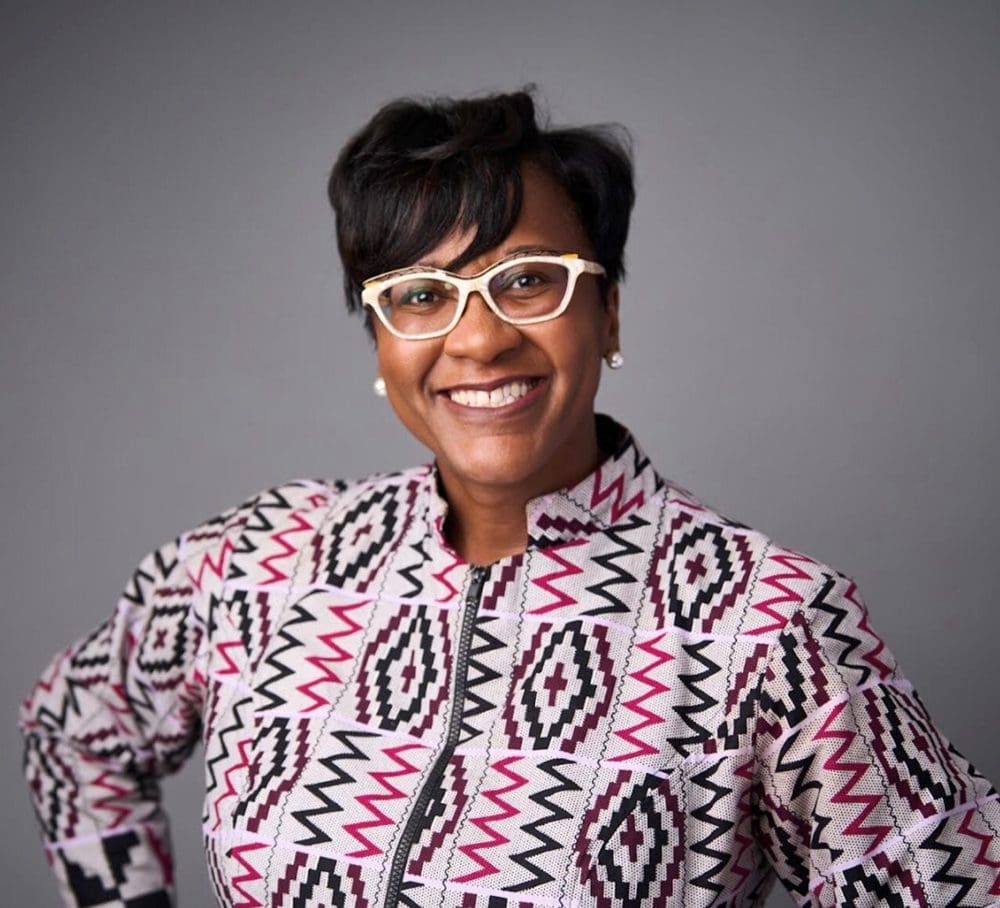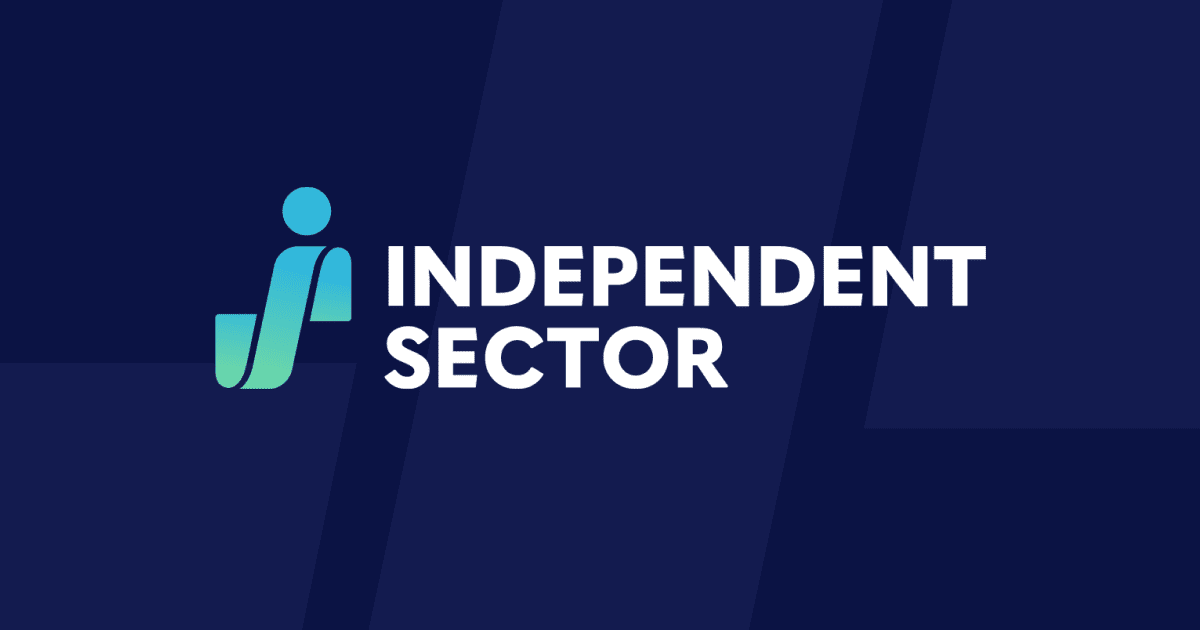Independent Sector’s NGen Fellows program provides 12 changemakers a dynamic leadership development opportunity to strengthen their leadership capacity and grow their personal and professional networks. The program helps prepare the sector’s emerging leaders to meet the challenges and opportunities of today and tomorrow.

Dr. Artika Tyner
We’re proud to present Dr. Artika R. Tyner, recipient of Independent Sector’s 2023 NGen Leadership Award. Dr. Tyner is the CEO of Planting People Growing Justice Press and Bookstore (PPGJ). PPGJ publishes and promotes books that encourage and empower children to find joy in reading.
Dr. Tyner is a passionate educator, author, sought-after speaker, and advocate for justice. She is committed to training students to serve as social engineers who create new inroads to justice and freedom.
You can meet Dr. Tyner at the 2023 Upswell Summit in Dallas-Fort Worth, where she’ll present a Spotlight talk, “Leaders are Readers,” on Thursday, November 16, 12:00-12:20 pm CST. During her presentation, she will shed light on her innovative experience of fostering literacy, promoting diversity in books, and cultivating youth leadership development.
In the meantime, learn a little more about Dr. Tyner and her work.
It’s been a particularly challenging couple of years. What has kept you grounded and whole in this time?
Dr. Tyner: My faith has kept me grounded. It has inspired me to become more intentional about pausing, reflecting, and resting. This compelled me to return to my practice of honoring the Sabbath. With the pervasive nature of social justice issues, it is tempting to work 24 hours a day, seven days a week, but I had to set my own pace. This has helped me to focus on my key priorities — faith, family, and community. It also has caused me to focus on my health and wellness in order to sustain my advocacy work.
Who or what has been the biggest inspiration in your growth as a leader?
Dr. Tyner: My late grandmother, Nellie, has been my greatest source of inspiration for my growth as a leader. Leadership tends to be characterized as a position or title, and identified by the exercise of power. My grandmother had none of these attributes. Instead, she redefined leadership by focusing on service. She recognized that ordinary people could have an extraordinary impact when they come together with a collective vision and take international action for justice and equity.
My goal is to teach these leadership lessons to our youth. Therefore, my Grandma Nellie is the main character in my first children’s book, Justice Makes a Difference: The Story of Miss Freedom Fighter, Esquire. She teaches eight-year-old Justice that you are never too young to make a difference in the world.
What attracted you to become involved in your organization’s mission?
Dr. Tyner: Our organization began in my living room. A group of friends were gathered and complaining about the challenges in education and criminal justice. We had experienced the War on Drugs, mass incarceration, and the school-to-prison pipeline. It was tempting to simply lament the challenges that we were seeing throughout the rest of the evening and beyond. Instead, I shared my teaching motto: “When we see a problem, we create a solution.” We did just that by creating a nonprofit that focuses on promoting literacy, diversity in books, and youth leadership development — Planting People Growing Justice Leadership Institute.
Upswell, a meeting ground for Independent Sector’s changemaker community, is focused on creating a healthy and racially equitable nation. How does this vision tie into your organization’s work?
Dr. Tyner: We are committed to fostering intercultural dialogue, celebrating diversity, and working to build a more just and inclusive nation. We believe one of the greatest strengths of our nation is our diversity. We have evolved into a rich multicultural tapestry. It is now our responsibility to leverage our strength to create a healthy and racially equitable nation. This is where we embark on a lifelong learning journey to challenge our own biases, stereotypes, and prejudices in furtherance of our shared humanity and common destiny.
What attributes and perspectives do today’s emerging leaders bring to accelerating the sector’s work to address our nation’s challenges?
Dr. Tyner: Self-awareness: Embrace one’s cultural heritage and celebrate the cultural roots of others. Leaders are aware of the history of oppression and marginalization.
Communication: Cultivate the ability to communicate effectively across differences, build positive team dynamics, and work together collaboratively with people from different backgrounds and cultures.
Problem solving: Strengthen creative thinking skills, problem-solving skills, and have higher levels of emotional resilience, openness, flexibility, and personal autonomy; and commitment to sustainable development.
Emotional intelligence: Develop empathy, compassion, and confidence needed to engage in meaningful and deliberate action related to advancing racial and social justice.
How would you challenge today’s changemakers to become more involved in building a healthier and more racially just nation where all can thrive?
Dr. Tyner: Start where you are. What are roadblocks, bypasses, and impediments impacting your community? What are the challenges that keep you up at night?
Build together. How can you develop a collective vision for change?
Work together. What interdisciplinary approaches are needed to build and sustain social change?


